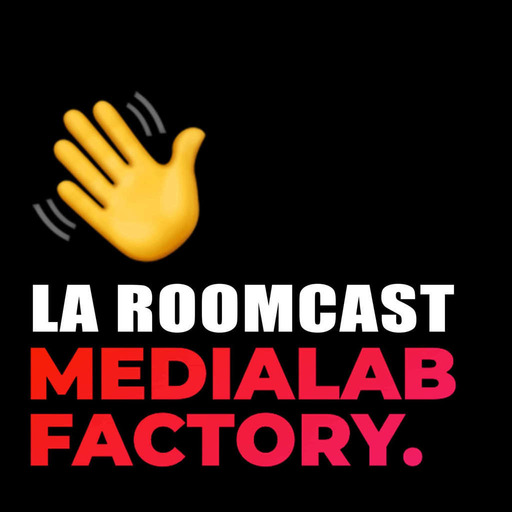Would you like to experiment with analyzing or manipulating audio with Python? This week on the show, we have Braden Riggs from DolbyIO to discuss extracting audio features and Python libraries for reshaping audio. Braden shares techniques from his recent talk at PyData Global, “Unlocking More From Your Audio Data!”
We share several articles, tutorials, and Python libraries to get you started working with audio. We begin with a quick introduction to audio digitization and feature extraction. After discussing modifying audio files, we share tools and techniques for exploring audio analysis through data science.
Braden talks about speech-to-text conversion, sentiment analysis, and Natural Language Toolkit (NLTK). He also shares a valuable collection of audio technology resources for developers.
Course Spotlight: Playing and Recording Sound in Python
In this course, you’ll learn about libraries that can be used for playing and recording sound in Python, such as PyAudio and python-sounddevice. You’ll also see code snippets for playing and recording sound files and arrays, as well as for converting between different sound file formats.
Topics:
- 00:00:00 – Introduction
- 00:02:46 – What is Dolby IO?
- 00:05:08 – Audio and data science background
- 00:08:17 – Digital audio basics
- 00:12:07 – Audio feature extraction
- 00:18:31 – Sponsor: Snyk - The Big Fix
- 00:19:17 – PyAudioAnalysis and processing audio files with Python
- 00:26:16 – Feature extraction and audio analysis talk at PyData Global
- 00:32:33 – Jupyter notebook of presentation and DolbyIO awesome audio list
- 00:34:13 – librosa - package for music analysis
- 00:37:55 – Video Course Spotlight
- 00:39:11 – Speech to text and NLTK
- 00:54:28 – What are you excited about in the world of Python?
- 00:55:49 – What do you want to learn next?
- 00:56:53 – Shout outs and social connections
- 00:58:04 – Thanks and goodbye
Show Links:
- Dolby.io - High-fidelity Audio and Video For All
- Digital Audio Basics: Audio Sample Rate and Bit Depth
- Audio Feature Extraction
- pyAudioAnalysis Wiki
- Audio Handling Basics: Process Audio Files In Command-Line or Python | HackerNoon
- pydub: Manipulate audio with a simple and easy high level interface
- FFmpeg: Complete, cross-platform solution to record, convert and stream audio and video
- Improving Automated Ad Insertion with Audio Analysis at PyData Global 2021 - Dolby.io
- Demo notebooks presented at PyData Global 2021 for “Unlocking more from your audio data”
- librosa: Python package for music and audio analysis
- NLTK: The Natural Language Toolkit Documentation
- Natural Language Processing With Python’s NLTK Package – Real Python
- DolbyIO/awesome-audio: A curated list of awesome audio technology resources for developers
- PyConDE & PyData Berlin 2022 | PyCon.DE & PyData Berlin, 2022
- Vue.js
- Flutter - Build apps for any screen
Level up your Python skills with our expert-led courses:


 Emissions
Emissions





